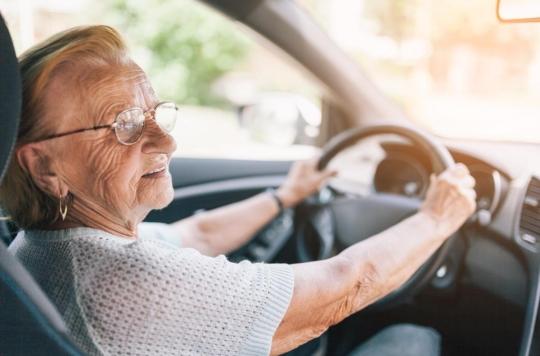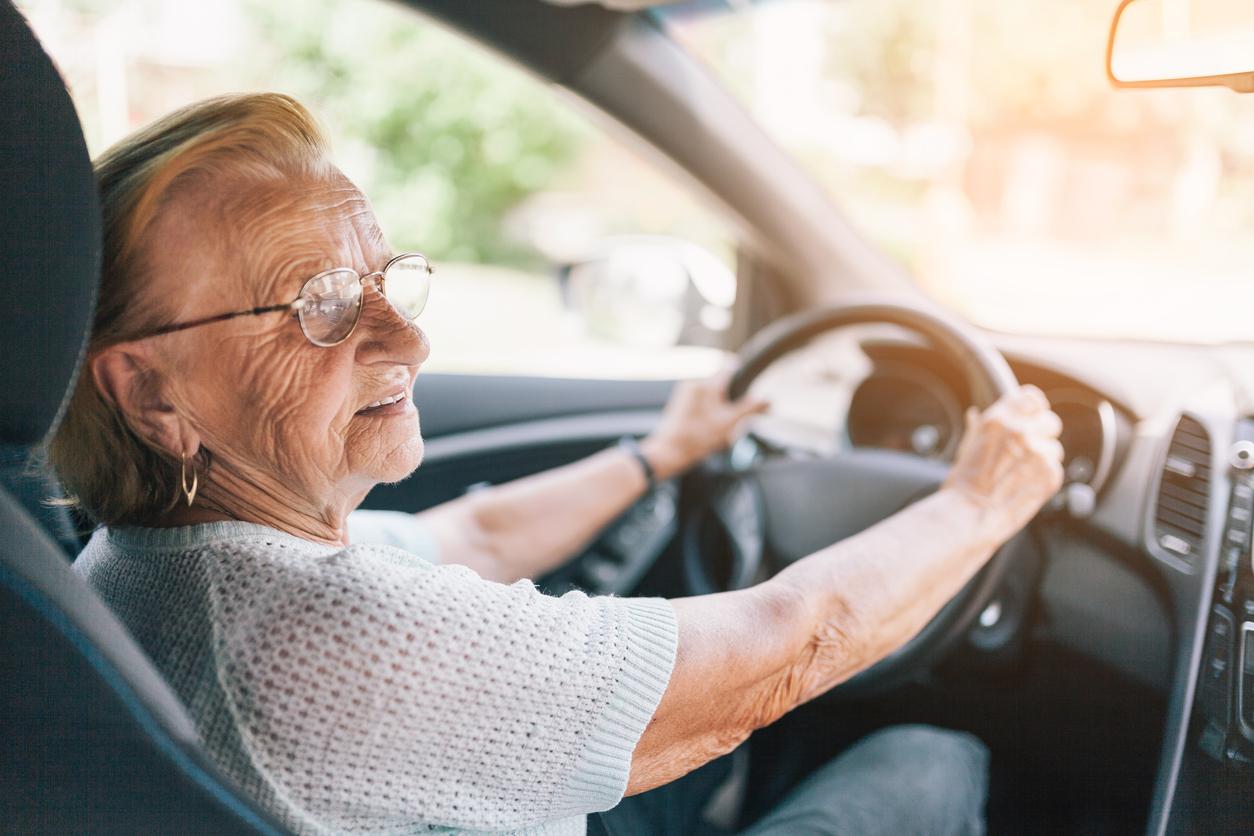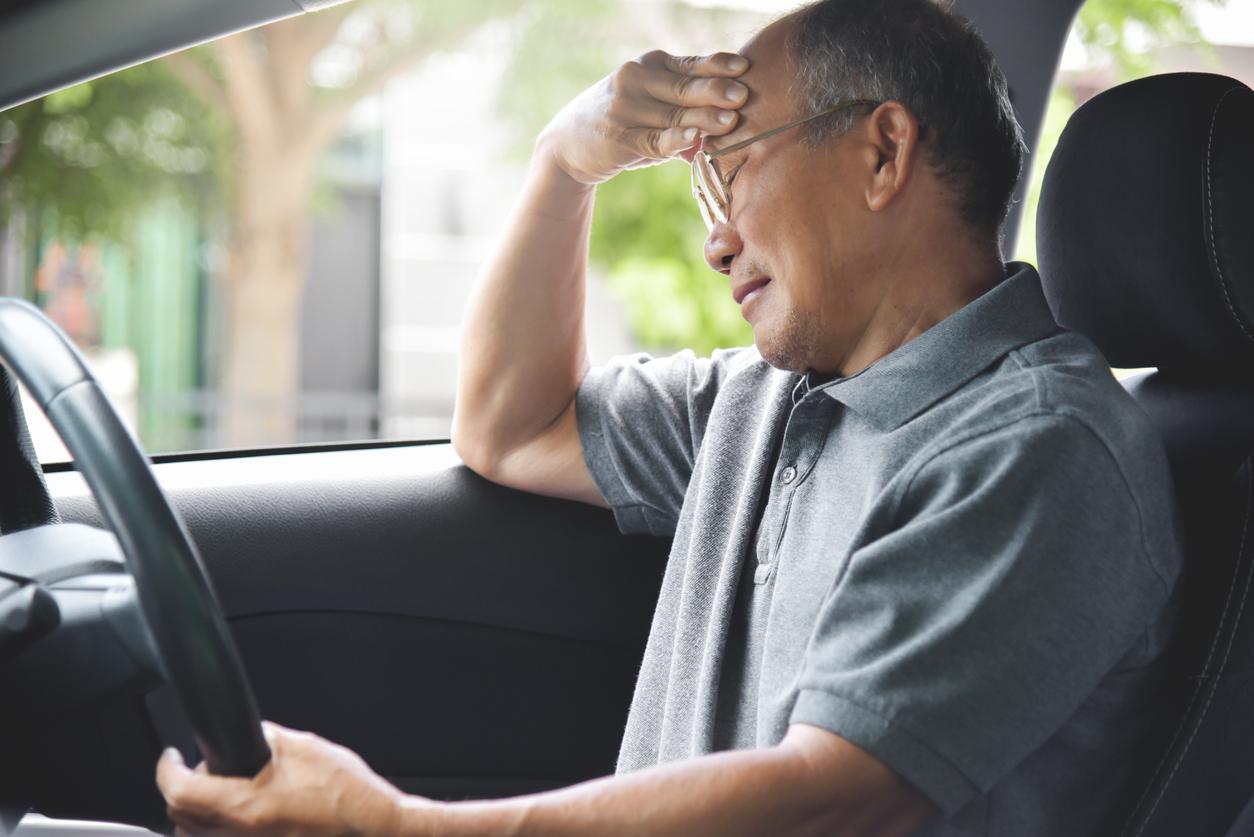An online questionnaire has been developed to help older people make the decision to stop driving.

- In France, there is no age limit for driving.
- A prefect can decide to remove a person’s driving license on medical advice.
- In France, alcohol remains the leading cause of fatal road accidents.
The years pass and weigh on the body. Over time, some daily tasks can become difficult. Driving, for example, is a potentially dangerous activity if physical, cognitive or visual abilities decline. This is how the French government published a decree on March 26 prohibiting driving for patients with Alzheimer’s disease “at the first signs”. A decree that is controversial, including among doctors. Indeed, driving is an essential element of autonomy and deciding to stop driving is not an easy thing. And besides, when it becomes necessary, those around you may have difficulty convincing the person concerned. In Journal of the American Geriatrics Society, researchers explain that they have developed an online test to help seniors make the decision to stop driving. The tool in question is a decision-making aid.
A questionnaire to make a decision..
It was tested with 301 participants, aged over 70. None of them had significant cognitive impairment, only one of them had received a diagnosis associated with a high probability of driving cessation. They were divided into two groups, one of which had access to an informative site on driving, and the other answered the online questionnaire “Healthwise® DDA”. The different questions were divided into six categories:Know the facts”“Compare the options“, “Your feelings”“Your decision”“ask yourself” and “Your summary”. The various questions asked should help them make a decision and give them all the information to facilitate acceptance.
.. And accept it!
At the end of the study, the researchers observed that the adults who answered this questionnaire had fewer decision-making conflicts and a better knowledge of the benefits of stopping or continuing to drive, compared to adults who consulted website only. To reach this conclusion, they used the decisional conflict scale, and the knowledge gathered by the participants. “The online tool reduced decision conflict and increased knowledge in this sample of older adults, although most chose to continue driving.”, develop the researchers. Using these resources in clinical settings, they say, could help older adults “switch from driving to other forms of mobility”.”The decision to stop driving is difficult and a source of many emotions, recalls Marian Betz, lead author of the study, and it’s also the one most older people have to deal with at times.” According to her, this tool could “help the elderly to make a decision”and above all to accept it.

















